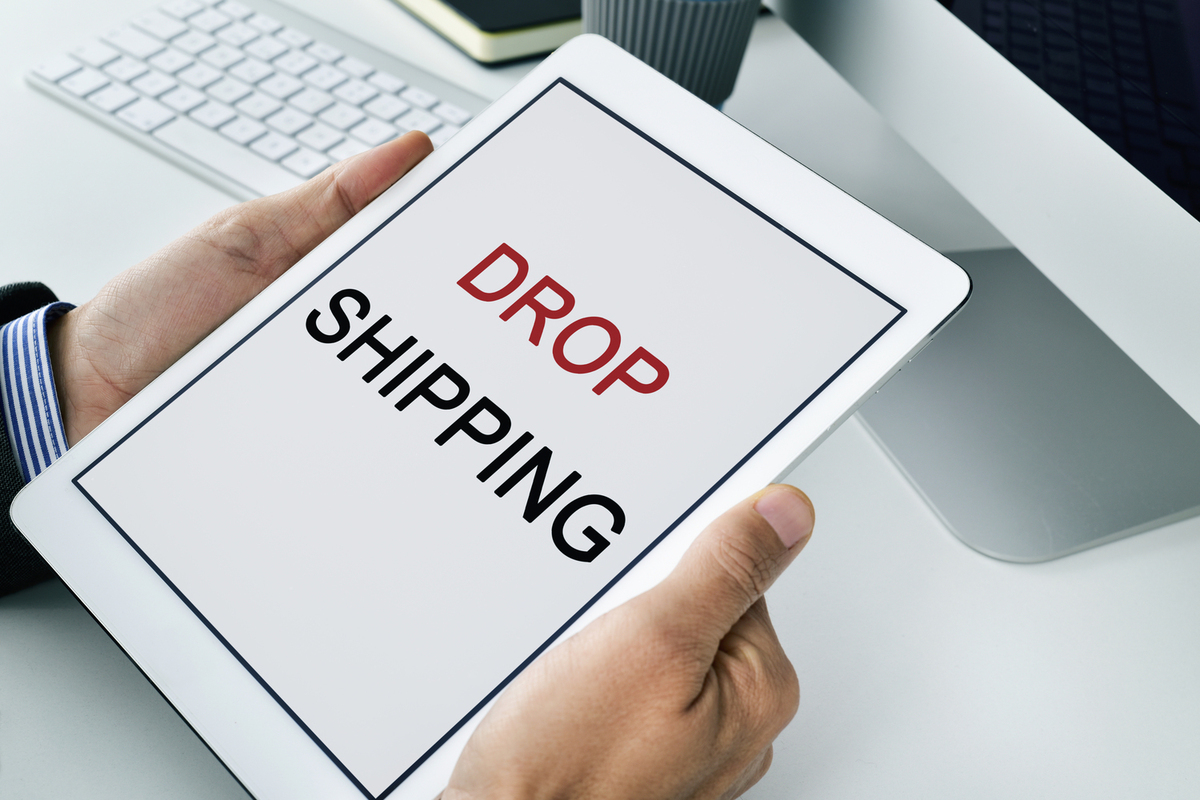Step-by-Step Guide to Launching Your Online Store
Learn essential steps to build a successful e-commerce website from scratch. This guide covers market research, platform selection, design, payment setup, testing, and marketing strategies to help entrepreneurs establish a thriving online store. By following these practical tips, you can create a professional online presence, attract customers, and grow your business effectively.
Sponsored

Guide to Starting Your Online Store from Zero
The digital marketplace today is highly competitive, with numerous brands offering similar products at attractive prices. Setting up an effective e-commerce platform requires attention to several crucial factors. While hiring professionals can be advantageous, it might not be feasible for those with limited budgets. Understanding the key steps involved in building and maintaining an online business is essential for success.
If you're wondering how to kick off and sustain an online selling platform, stay calm! This article outlines practical steps to help you launch your e-commerce venture.
Conduct Market Analysis
Your main asset is the products or services you plan to offer. Before finalizing your offerings, conduct thorough research on the existing online market. This will help evaluate potential demand, identify competitors, and understand pricing trends. Key areas include supply chain dynamics, competitor strategies, pricing models, and customer demand within your target region. Additionally, decide on the business model, such as:
Business-to-Business (B2B)
Business-to-Consumer (B2C)
Consumer-to-Business (C2B)
Consumer-to-Consumer (C2C)
Consumer-to-Government (C2G)
Business-to-Government (B2G)
Select a Business Name
Next, craft a clear business plan and choose a distinctive name. Opting for a unique name ensures your domain can be directly associated with your brand. While having a custom domain is not mandatory, it significantly enhances your online credibility and helps attract traffic, especially when selling generic products. A professional website with a personalized domain reinforces trust and supports brand recognition.
Choose an Ecommerce Platform
To develop your online store, select a reliable website builder that offers comprehensive features. Many platforms provide free domain registration for the first year, or you can transfer your existing domain. Ensure the platform includes essential tools such as customizable templates, payment gateway compatibility, marketing integrations, SSL security, SEO tools, and analytics. Although free plans exist, investing in a paid plan provides advanced features that boost your store’s growth potential.
Compare different plans and pricing to find the best fit for your business needs before building your store from scratch.
Design and Customize Templates
Your website's visual appeal greatly influences customer trust and conversion rates. Use high-quality, professionally shot images to showcase your products, adding credibility and promoting your brand on social media. Besides product pages, include essential sections like About Us, Contact, Support, Privacy Policy, and Terms of Service. Highlight best-selling items on your homepage to immediately engage visitors and encourage purchases.
Ensure your site layout is attractive, easy to navigate, and optimized for conversions by customizing templates to match your brand identity.
Implement Secure Payment Options
Your platform should support multiple secure payment methods such as PayPal, credit/debit cards, bank transfers, digital wallets, and Cash on Delivery. If your chosen builder doesn't include a free SSL certificate, purchase one separately. SSL encryption safeguards sensitive data, building trust with your customers. A secure website not only protects your business but also increases customer confidence in making transactions.
Having multiple payment options and security measures ensures a smooth shopping experience for your clients.
Pre-Launch Testing
Before going live, double-check all aspects of your website—from content and visuals to payment processes. Conduct test purchases to ensure checkout runs smoothly and all features function correctly. Optimize your site for mobile devices, clarify shipping costs upfront, and fix any issues to prevent customer frustration during the actual launch.
A comprehensive pre-launch review ensures your online store operates flawlessly from day one.
Develop a Marketing Strategy
Alongside building your online store, formulate a marketing plan to attract visitors. Utilize SEO techniques and leverage social media platforms like Facebook and Instagram to reach your target audience. Offer discounts, coupons, and promotions to boost sales from the outset. Maintaining a blog with engaging content related to your niche can also increase site traffic and establish your authority in the industry.
Effective marketing is vital for your store's growth and customer acquisition, so plan ahead to maximize visibility and sales.
Creating an online store from scratch can be challenging, but thorough market research and the right platform choice are instrumental in building a successful business.






